
CORE Wrapped '24 / Beyond the Minimums: Accessibility Webinar Series / Part 1: Breaking Ground: Best Practices for Creating Accessible Routes and Surfacing in Parks and Recreation Facilities
-
Register
- Prices available after logging in
Breaking Ground: Best Practices for Creating Accessible Routes and Surfacing in Parks and Recreation Facilities
Equitable and safe access to parks and recreation facilities begins with firm, stable, and slip-resistant ground surface materials along accessible, connecting routes. Thoughtful planning ensures people who use mobility devices or other adaptive equipment can move independently from site arrival points and throughout each park, play, and recreation setting. This session will address requirements for exterior routes and surfaces in outdoor recreational settings and offer design considerations to go beyond minimum compliance to make certain everyone has the ability to participate. Accessibility Specialist, Bill Botten, will review best practices for planning accessible routes, sidewalks, shared-use paths, routes to and within recreation facilities including play areas, sports fields, outdoor recreation areas, trails, and beaches. This is the first session of a yearlong four-part Beyond the Minimums accessibility series.
- Describe the difference between accessible routes, sidewalks, pedestrian trails, circulation paths, and shared-use paths.
- Explain at least two scoping and technical requirements for routes to and within recreation facilities including play areas, sports fields, outdoor recreation areas, trails, and beaches.
- List three design considerations for accessible routes and surfaces that go beyond the minimum requirements of ADA to meet the needs of visitors of varying abilities.
- Name tools and resources to support the planning process and help professionals advocate for inclusive design solutions specific to routes and surfacing.

William (Bill) Botten
Accessibility Consultant
PlayCore
Botten who currently works as an accessibility consultant joined the U.S. Access Board in 2000 and served for 22 years (retired in 2022) in several capacities while on staff including as a senior accessibility specialist, technical assistance coordinator, and the training coordinator. He was part of a team that developed the combined guidelines for the Americans with Disabilities Act and the Architectural Barriers Act and was the lead staff for the development of guidelines and technical assistance materials for the rulemaking on outdoor developed areas. Bill specializes in accessibility issues related to recreation facilities and outdoor developed areas.
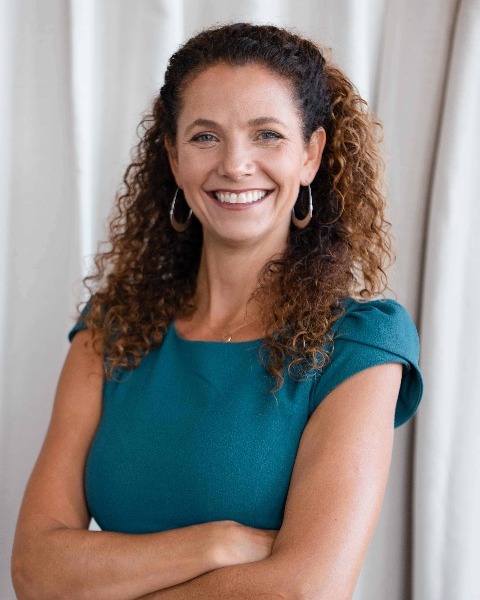
Jennie Sumrell (Moderator)
CORE Community Outreach Director
PlayCore
Jennie worked in the field of childhood development and exceptional learning for nearly fifteen years. She has a Master’s degree in Special Education with a concentration in Early Childhood Education from the University of Tennessee at Chattanooga. Jennie joined PlayCore in 2008 and serves as the Community Outreach Director within PlayCore’s Center for Outreach, Research and Education. Deeply passionate about inclusive, intergenerational play, Jennie utilizes her expertise and personal experiences as an educator to positively impact the development of innovative play and recreation destinations that focus on community health and wellness.
This session will offer the following credits:
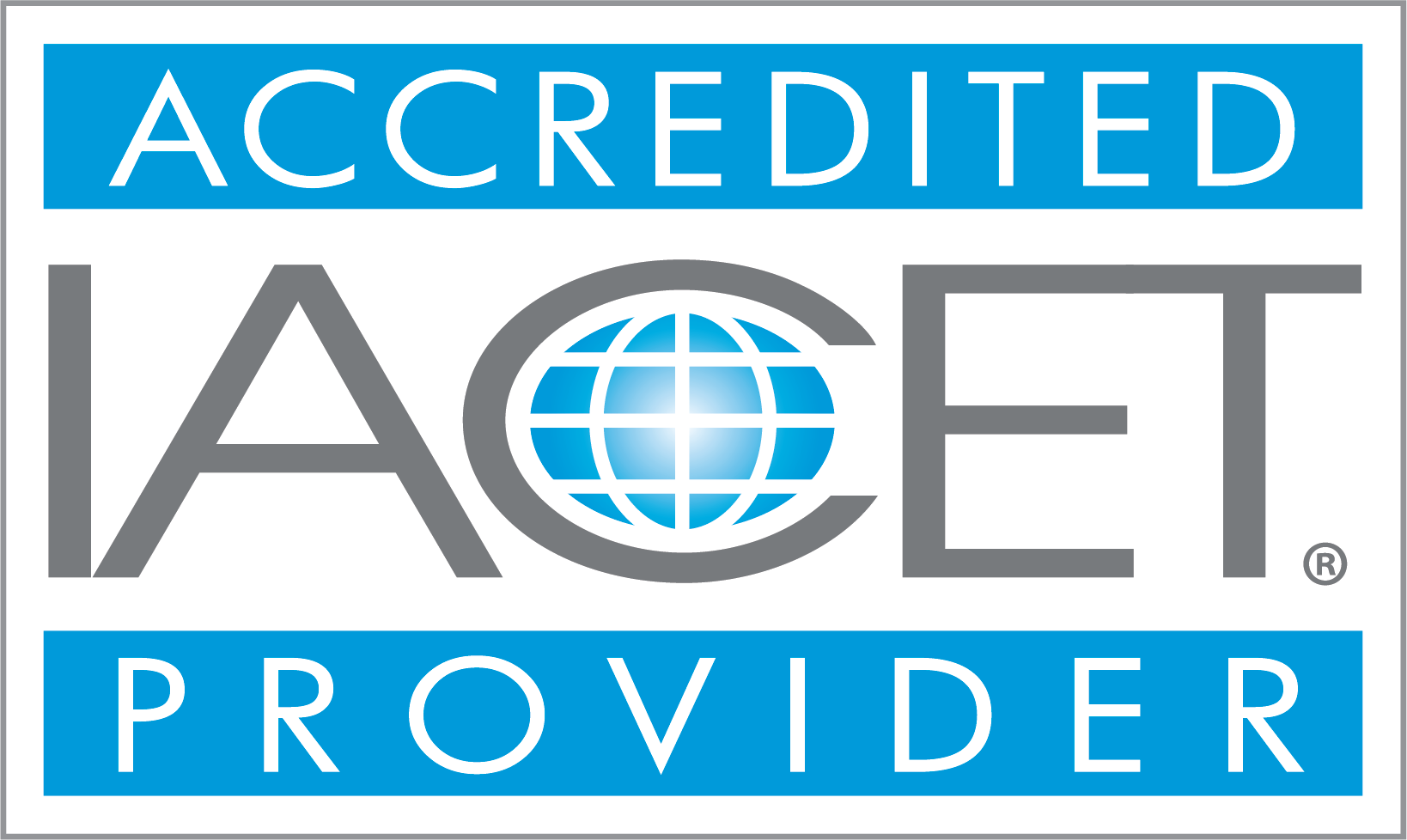 | 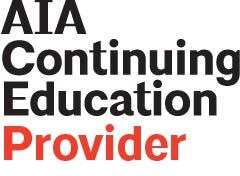 |  | 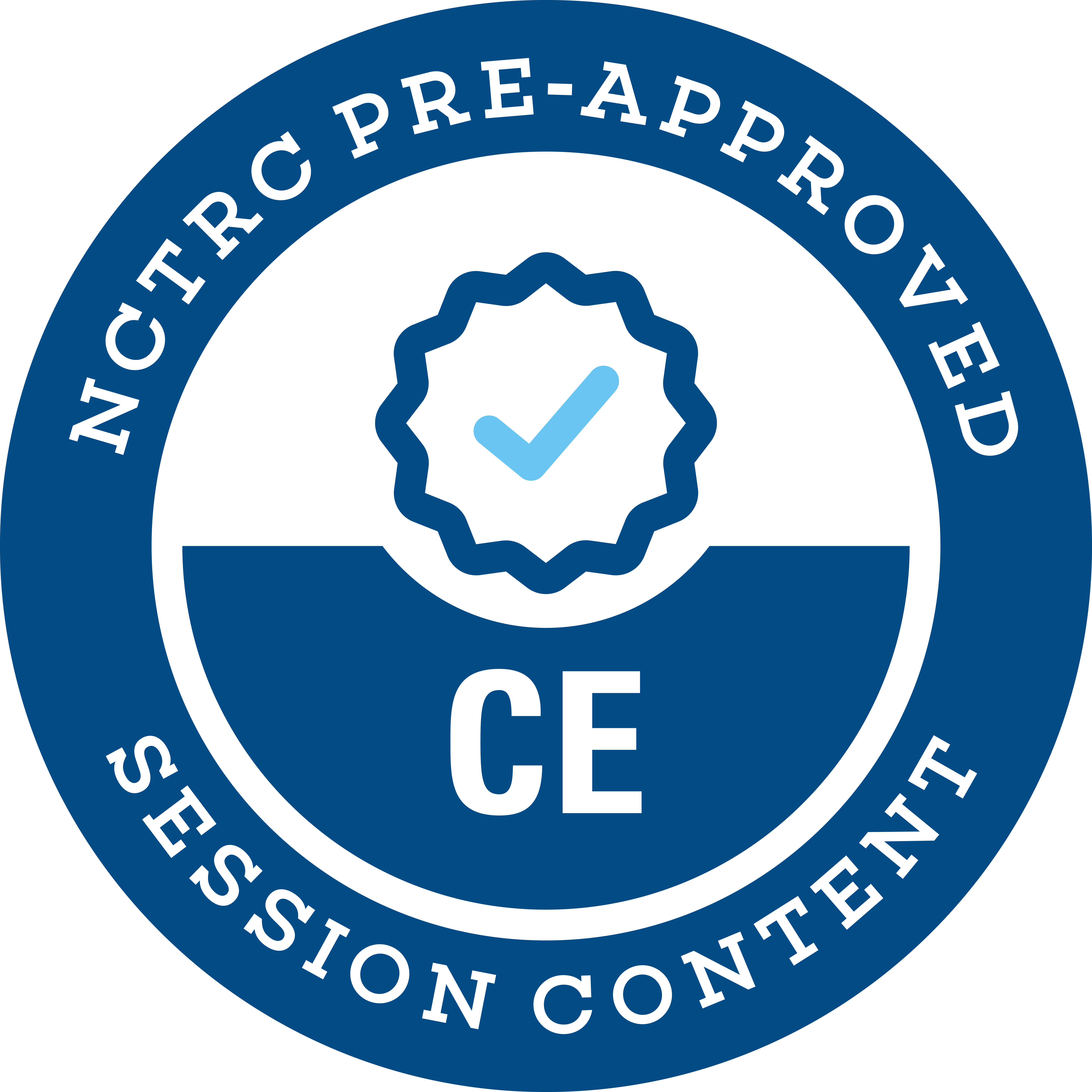 | 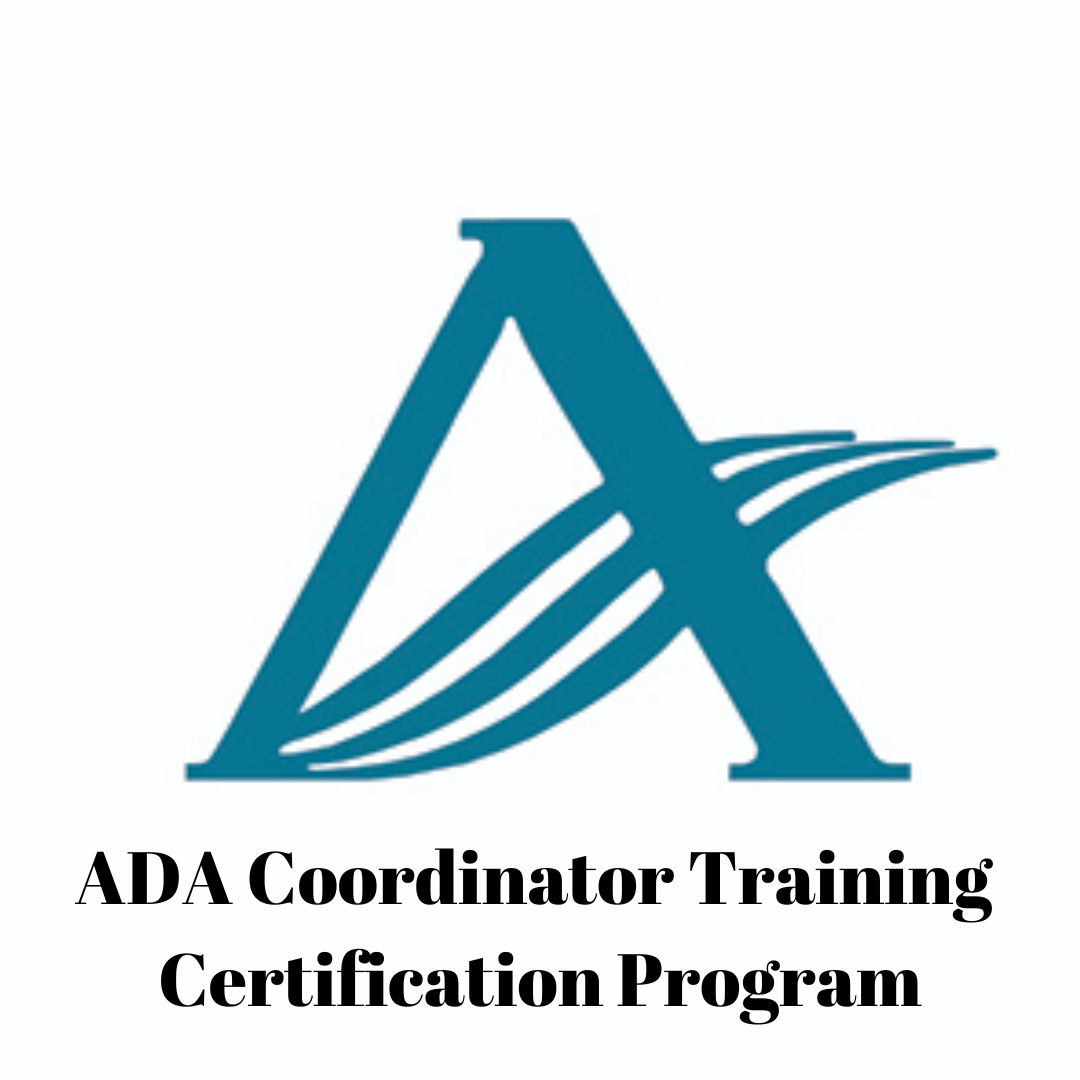 |
| 0.1 IACET CEU | 1.0 AIA HSW LU | 1.0 LA CES HSW PDH | 0.1 CEU | 1.25 Electives |
CEUs for a total of 1 Professional Development Hours (0.1 IACET CEU / 1.0 AIA HSW LU / 1.0 LA CES HSW PDH / 0.1 CTRS / 1.25 ACTCP Elective) will be provided to learners meeting the following requirements:
- Be present for 95% of the duration of the learning event;
- Participate in activities and discussion throughout;
- Complete assessment with 80% mastery of learning outcome;
- Complete feedback/evaluation survey.
CEUs can be applied toward NRPA CPRP/CPRE renewal and ACTCP certification. To obtain your CEU, please visit the "Event Details" tab above to complete the associated components for this event.
Instructor(s) Disclosures:
The information in this presentation is for educational purposes and is considered confidential. It may not be reproduced in any format.
This education session, materials, and event are complimentary and made possible through PlayCore’s Center for Outreach, Research, and Education.
The instructor of this learning event is employed or is an affiliate of PlayCore and may have an interest in participants partnering with you in your play and recreation initiatives.
PlayCore does not discriminate or make discriminatory remarks based on gender, ethnicity, religion, age, disability, socioeconomic status, sexual orientation, or any other legally protected status.
Speakers Disclosures:
The opinions of the speakers in these events do not necessarily reflect the views of PlayCore and its brands.
Notes:
For any questions or to request a copy of the written transcript for this session, please contact core@playcore.com